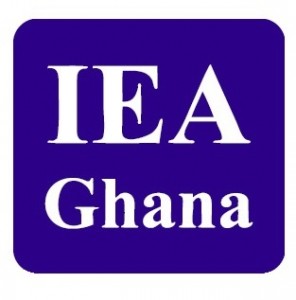IEA urges government to enhance transparency of petroleum contracts
 Professor John Asafu Adjaye, Senior Visiting Fellow at the Institute of Economic Affairs, (IEA) a policy think-thank, has called on government to enhance contract transparency in the petroleum industry.
Professor John Asafu Adjaye, Senior Visiting Fellow at the Institute of Economic Affairs, (IEA) a policy think-thank, has called on government to enhance contract transparency in the petroleum industry.
He said government should be open and transparent in the awarding of contracts and licenses in the sector, with more public disclosure of information on the process, as well as adopting the point-based system for assessing licenses.
Prof Adjaye made the call when he presented the 2015 Petroleum Transparency and Accountability (P-TRACK) Index report in Accra on Wednesday.
Started in 2011, the IEA P-TRACK Index reports on the progress being made by government in enhancing transparency and accountability in the management of Ghana’s petroleum resources, to enhance the level of responsibility on the part of the policy makers and implementers.
It also seeks to educate and inform the public about efforts made to manage the petroleum revenue and to highlight the challenges and concerns.
According to Prof Adjaye, there was some progress in the 2015 report, with regards to transparency in oil revenue across four components such as Revenue transparency, Expenditure transparency, Contracts and transparency in management of the Ghana Petroleum Funds.
The Institute therefore scored the overall performance as 83 per cent compared to 78 per cent achieved last year.
Prof. Adjaye said despite the progress, there were some areas which needed to be addressed.
He called for the speedy passage of the Right to Information Bill and the Petroleum Exploration and Production Bill.
“We advocate that work be fast-tracked on the draft bills such as the Ghana Extractive Industries Transparency Initiative Bill and the Marine Pollution Bill. The passage of these bills will improve governance not only in the petroleum sector but also in the other resource industries,” he said.
Prof Adjaye also called for the passage of the Budget Act, with specific provision for an independent Budget Office, which would provide technical expertise for analyzing and monitoring the Budget, and making recommendations to Parliament.
“We believe that the current method of allocating funds under the Annual Budget Funding Amount is inefficient and that it diminishes the developmental impact of the petroleum revenues,” he said.
He therefore advocated for a more inclusive approach in decisions and projects to be funded, as well as the formation of a committee of stakeholders to advise the sector Minister.
Source: GNA
